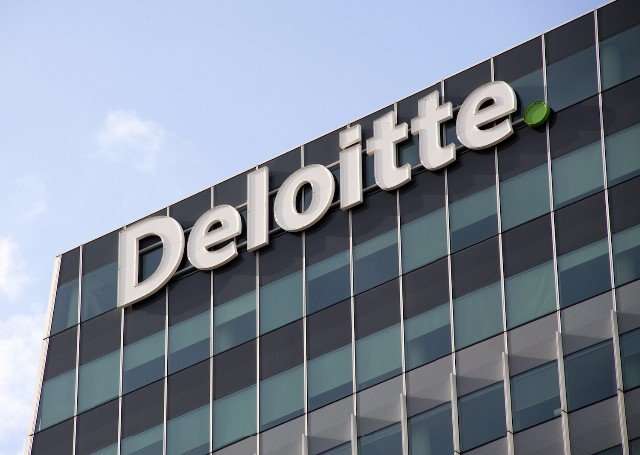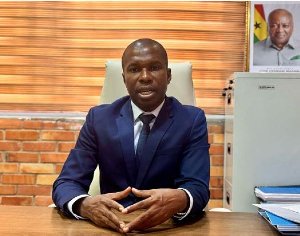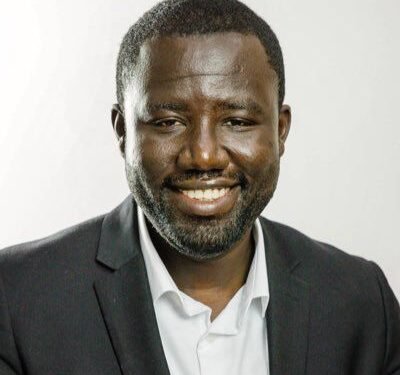Deloitte Ghana, one of the prominent Auditing and Accounting firms, has urged policy makers to balance the tax burden that has led to businesses being overtaxed in the search for revenue.
An article published by Deloitte on the theme “Maintaining the balance in the proposed income tax reform” emphasized that the current economic climate is providing new challenges, and hence, there is a need for taxpayers to see that tax policy makers are taking their changing circumstances into account and not the other way round of being burdened with more tax to pay.
A key lesson from the implementation of the electronic transfer levy and the domestic debt exchange programme, as stated by Deloitte, is that all parties must shoulder an appropriate share of the increased tax burden. Retaining this balance in the income tax reform will be critical to achieving the government’s 2023 tax revenue targets.
The main income tax reforms proposed in the 2023 budget statement included the introduction of an additional personal income tax (PIT) band of 35% on monthly chargeable income above ¢50,000; a revision to the upper limit when calculating vehicle benefit for PIT purposes and the introduction of a minimum chargeable income system for businesses.
However, according to Deloitte Ghana, as a response to the current economic challenges, the above stated reforms are expected to increase tax revenue, but at the same time increasing the tax burden for taxpayers still recovering from the economic downturn is nothing good to write home about.
“As the government has called for an even distribution of the increased tax liabilities, the draft Bill is an opportunity to consider reforms to particular areas not yet taken into account, to provide for a more equal distribution of any tax increases.”
Article Published by Deloitte Ghana
Potential Areas Of Relief For Businesses
Rising inflation coupled with the fall in value (depreciation) of the Ghana cedi have significantly increased the cost of vehicles, but the third schedule to the Income Tax Act, 2015 (Act 896) limits capital allowance deductions for road vehicles other than commercial vehicles to ¢75,000. The definition of a commercial vehicle covers vehicles designed to carry a load of more than half a ton, or more than 13 passengers. This means that for vehicles which do not exceed either threshold, only ¢75,000 is recognised for capital allowance purposes, and businesses are unable to claim a deduction for the full cost of these vehicles used to generate income.
Commenting on this, Deloitte Ghana noted that the upward revision of the capital allowance deduction cap in respect of vehicles (other than commercial vehicles) would reassure taxpayers while ensuring the revenue targets are achieved.
A Call For New Tax Measures
More so, the former Chief Executive Officer for the Minerals Commission, Dr. Tony Aubyn has disclosed that any move to unnecessarily tax the extractive sector will be a lazy man’s approach to revenue collection.
The CEOs comment followed back on the Institute of Economic Affairs’ (IEA) call on government to increase taxes on the extractive sector.
Dr. Aubyn opined that government should rather put in place measures to have the extractive companies support various communities within which they operate.
“It’s a lazy man’s approach to increase taxes for the extractive sector. They are already involved in so many project where they operate, so increasing their taxes is not the best way to support them.
“I think we need to be more innovative as a people because if you introduce too many taxes, investors would now have to explore other options and invest elsewhere.”
Dr. Tony Aubyn
Dr. Aubyn restated the need for government to streamline the extractive sector to attract more investors.
He called for a direct involvement of government in Ghana’s Lithium Production project.
“The concessions can be given out to the private sector but there is the need for government to explore various ways of investing into the project. We need the government to be directly involved in this exercise rather than just be relying on the 10 percent returns we get.”
Dr. Tony Aubyn























